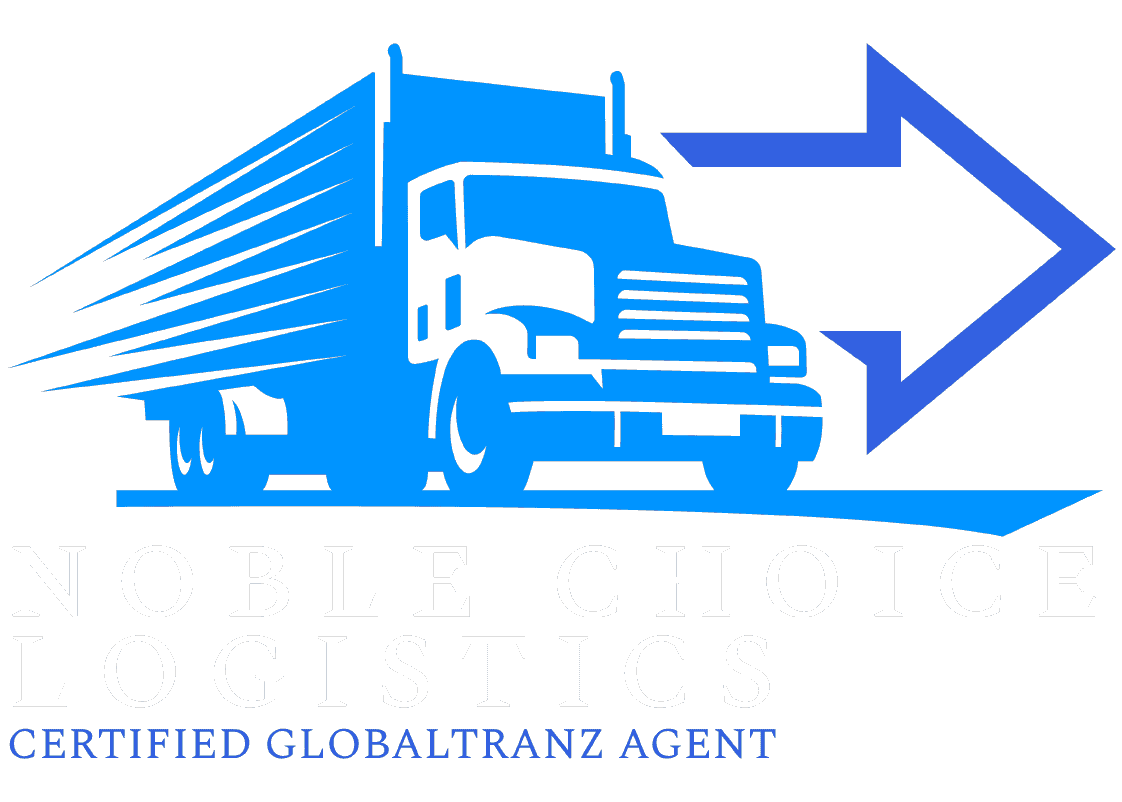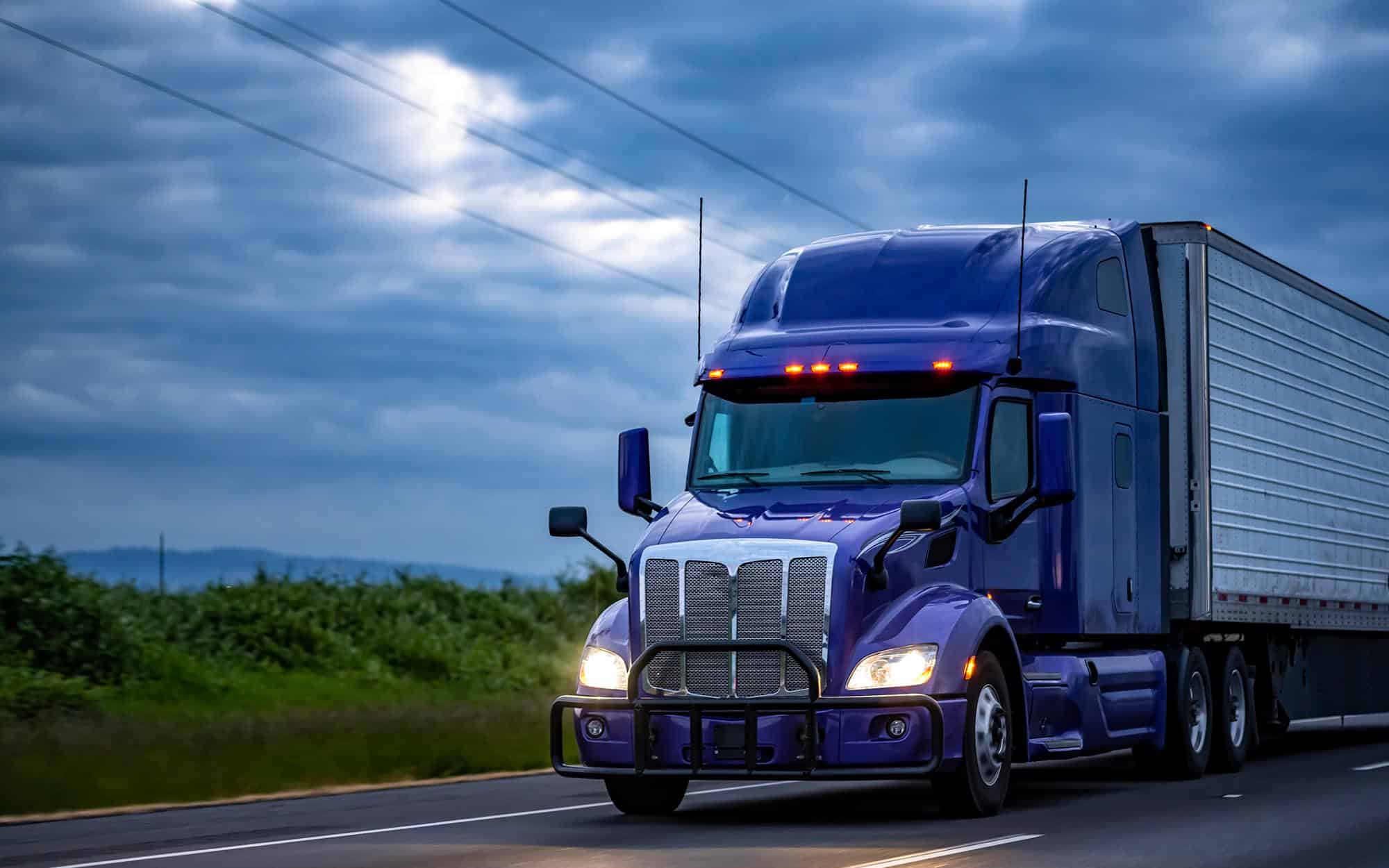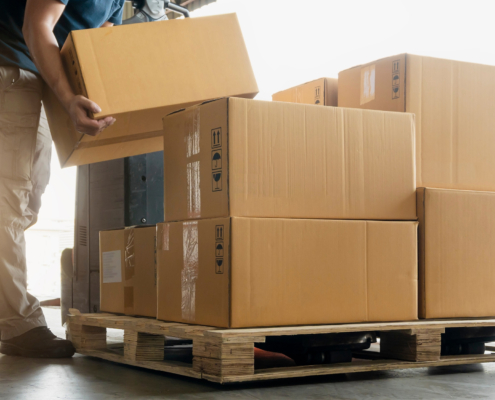When considering less-than truckloads vs. truckloads at maximum size, there are multiple factors to consider, like volume, freight class, anticipated delivery time, and transit time. Larger, heavier shipments might be best suited for FTL shipments, while smaller, lighter freight may be more cost-effective with an LTL freight carrier. Also, consider the urgency of your delivery. FTL offers quicker delivery times because it goes directly to the destination. However, LTL transit times can be longer as shipments are consolidated and dispersed.
The nature of goods will also influence whether you should opt for LTL or FTL. Fragile or highly valuable items might best be sent via FTL, where there’s less handling involved, decreasing the risk of damage. Moreover, you should consider the freight class of your shipments, as this might affect the shipping quotes depending on the density, stowability, ease of handling, and liability.
Finally, regarding environmental impact, LTL shipping can be considered more eco-friendly than FTL. By consolidating multiple shipments in one truck, LTL helps reduce the carbon footprint. If promoting sustainable practices in your supply chain is a priority, opting for LTL could be a fitting choice.












